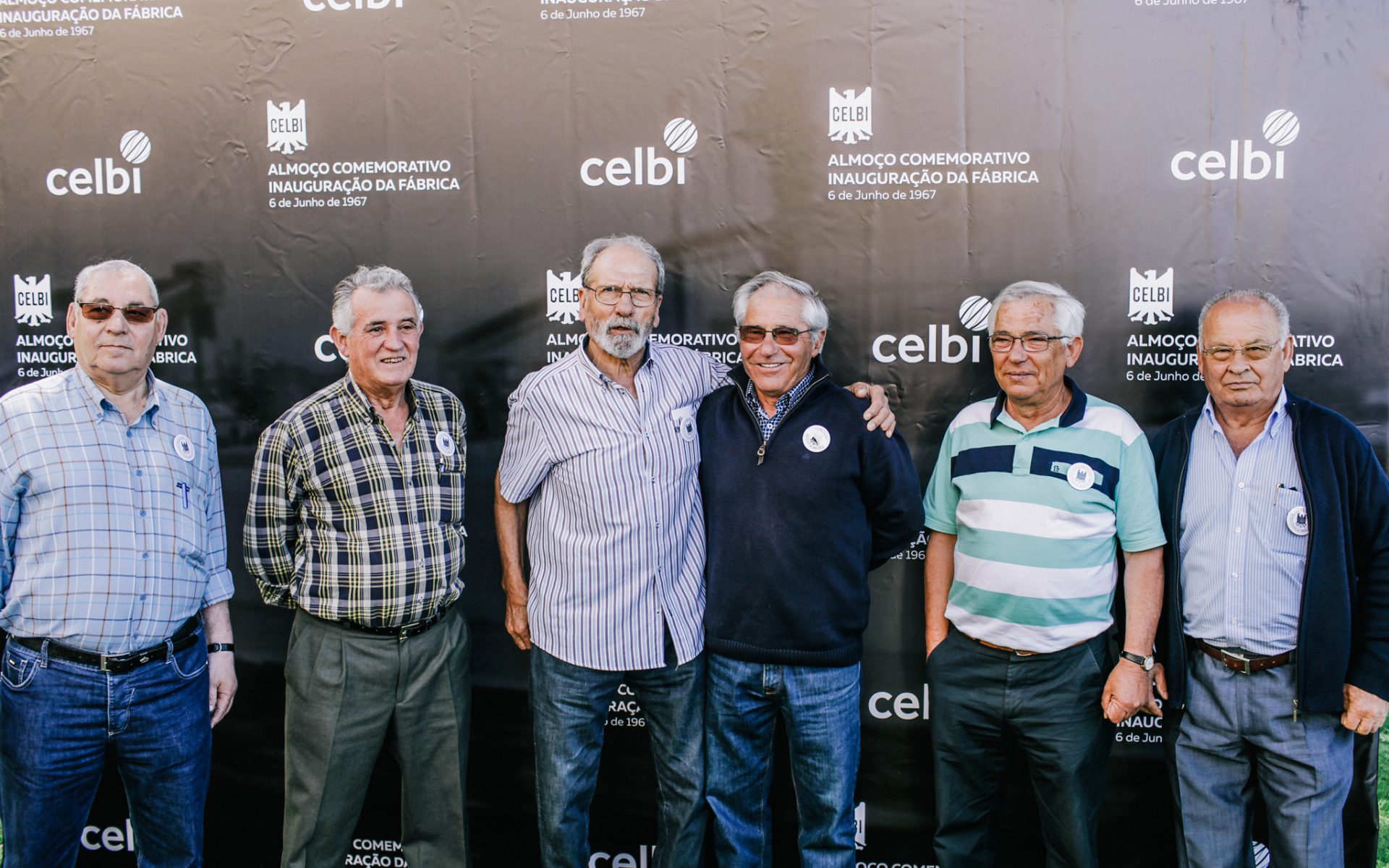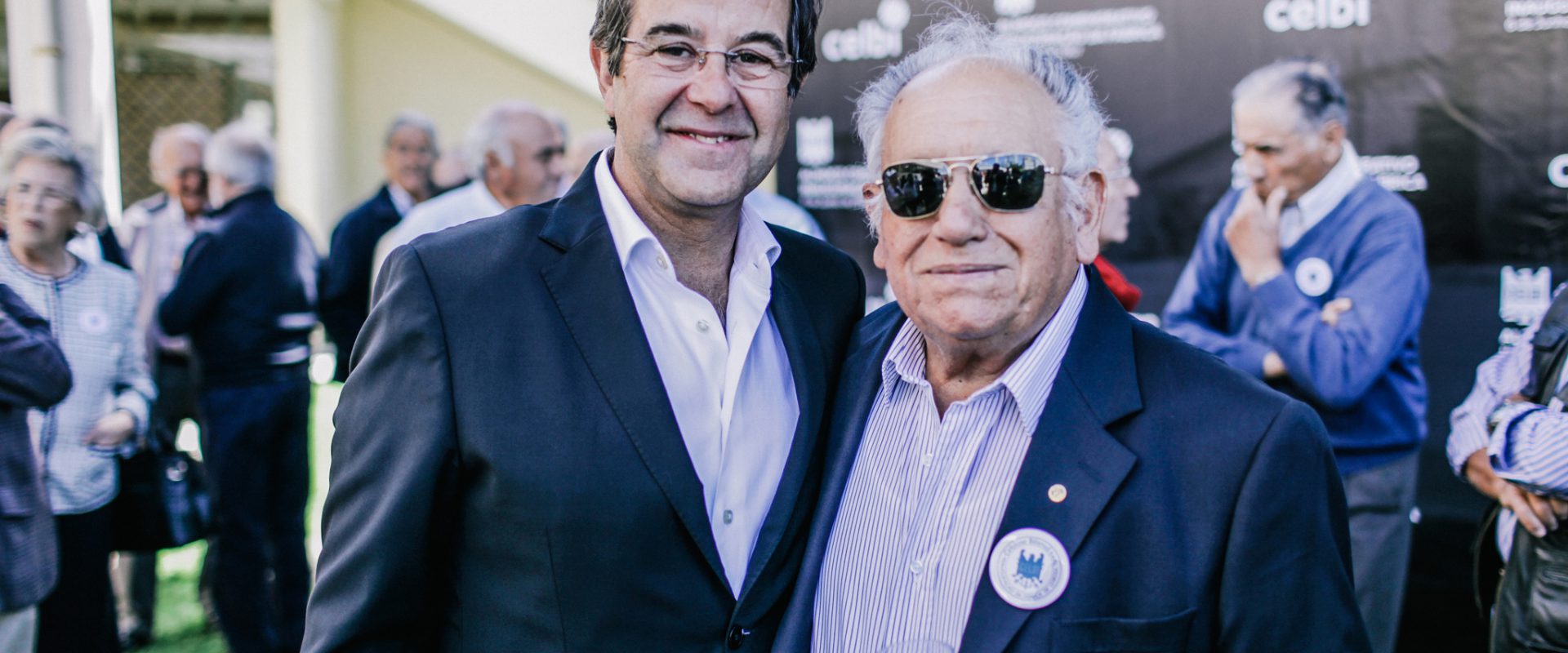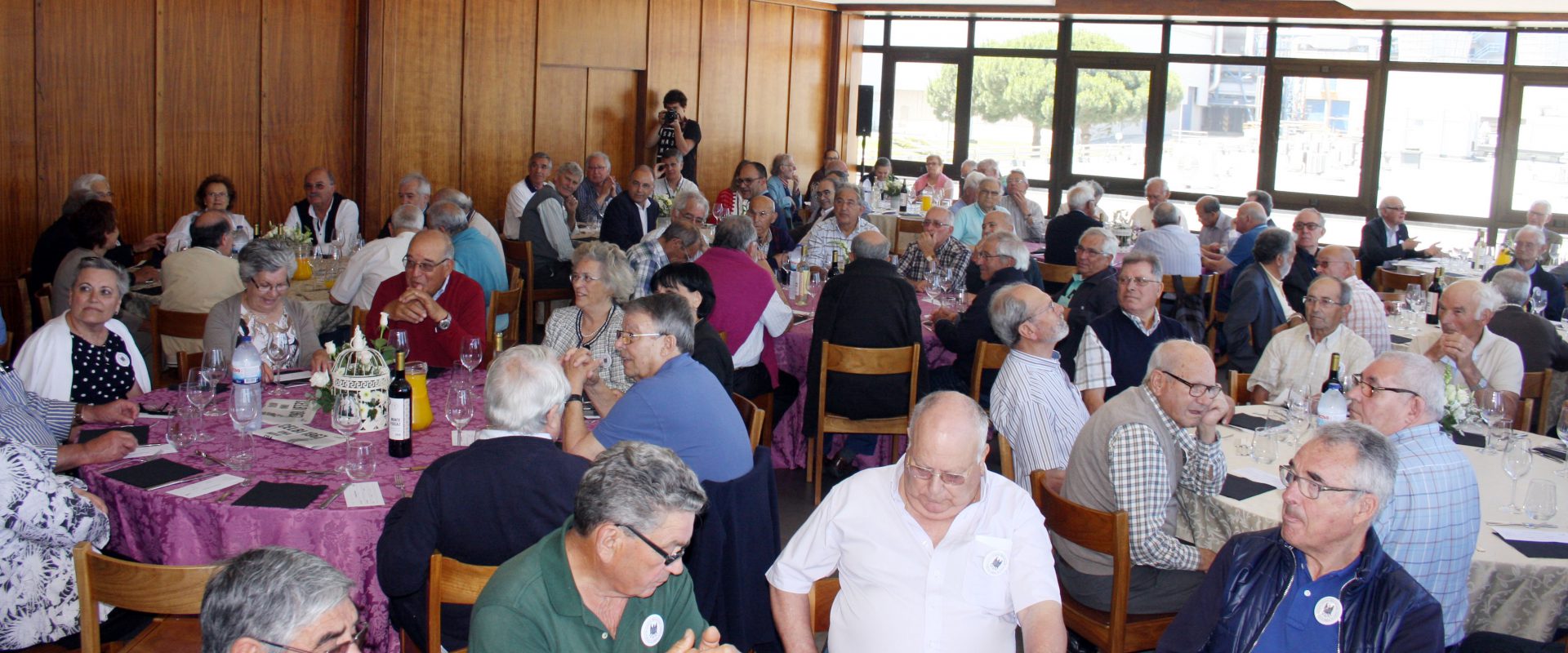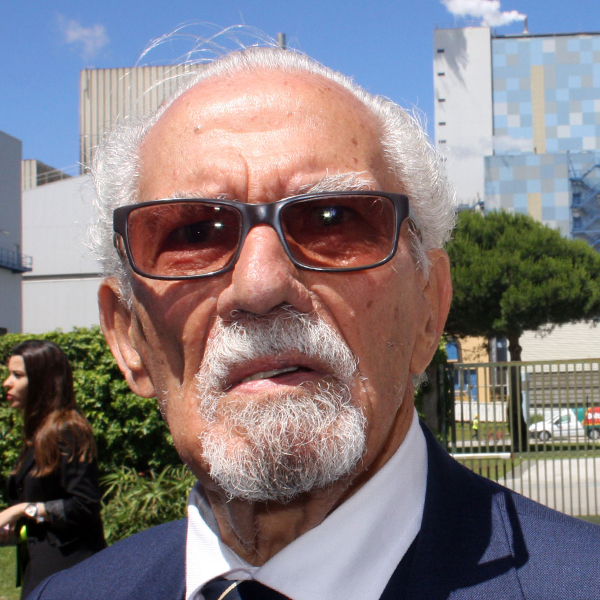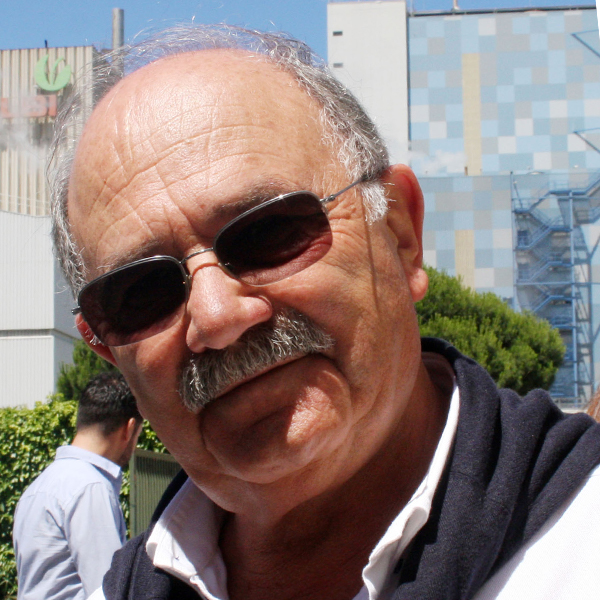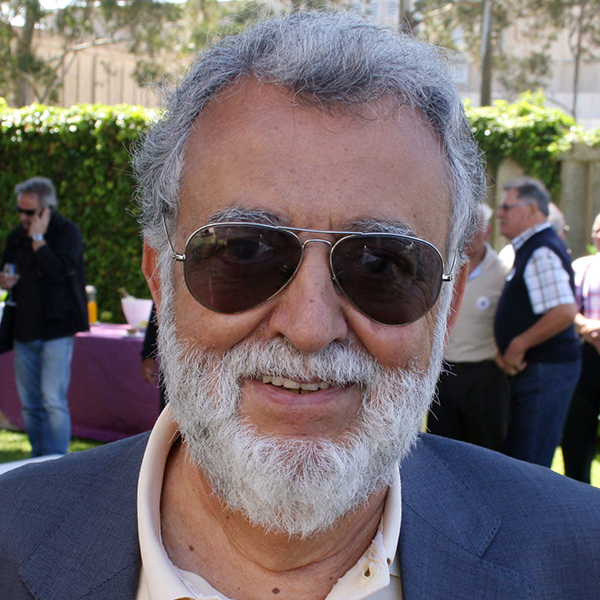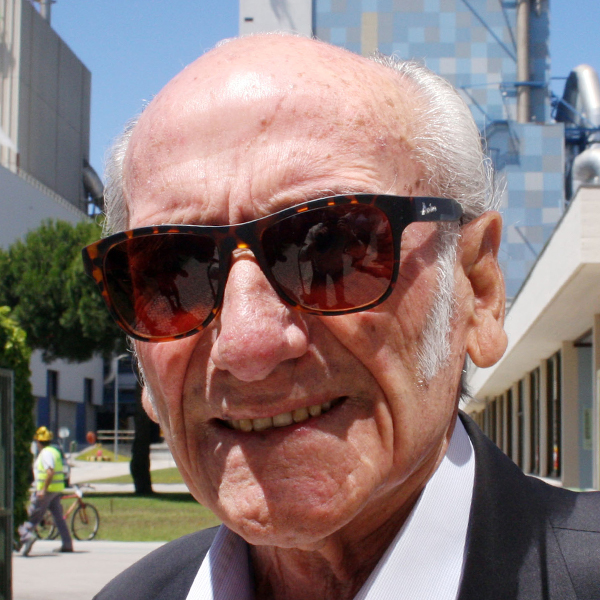“Honouring Celbi’s history makes us bigger and better”
The company was launched on Tuesday, 6th June 1967, to great fanfare. Half a century later, a ceremony paid homage to the work and dedication of those first employees who turned the factory in Leirosa into the largest paper pulp factory in Europe.
Europe’s largest pulp factory has not forgotten the extraordinary group of people with which it commenced operation in 1967. Fifty years on, many of the men and women who were there at Celbi right from the very first day returned to the company to exchange fond memories. The get-together took place over a celebratory lunch attended by around a hundred employees. It was interesting to note that many of the older staff preferred to be known by their former employee number than by their name. The attendees included some of the oldest workers, such as Hernâni Serra (no. 5), Arnaldo Biscaia (no. 9) and José Gonçalves (no. 10). The last on the roll call was Eduardo Almeida Rodrigues (no. 545). Special mention should be made of Elísio Parracho, the only employee who has been working at Celbi since its launch. He joined the company in 1966 as an errand-boy and still works there because he enjoys working and wants to continue as long as he can.
Most of the guests at the lunch hadn’t seen each other for several years, which is why the gathering started with a reception in the company garden, and it didn’t take long for emotion, nostalgia and deep friendship to surface. After a while, the event moved to the refectory. After lunch, the director Nogueira Santos addressed everyone to thank them for dedicating their working lives to Celbi, because they and the current employees “are the company’s pride and joy”.
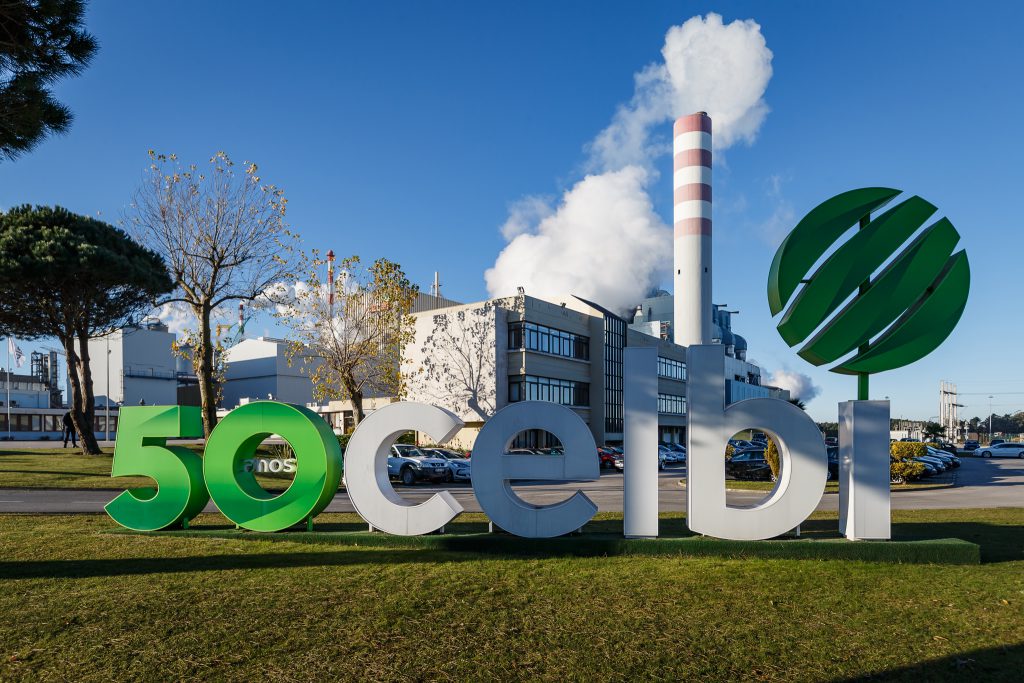
Some facts
100 thousand tonnes produced in 1967
727 thousand tonnes produced in 2016
Looking back at the last fifty years, Nogueira Santos summed up the factory’s production record saying “14 million tonnes of pulp have been made at this unit, and everyone of us did our bit”. To illustrate the size of the company, he also painted a vivid financial picture. “In 50 years, Celbi only made a loss four times, and its net profits up to 2016 total 811 million Euros. If we look at these figures in today’s terms, we end up with something like 1.3 billion Euros.” It’s no coincidence that in the last two decades, speciality magazines – including Exame – have on ten occasions named Celbi as the best company in the sector.
Santos joked that with these figures it can be said that “Celbi is the Ronaldo of the European eucalyptus pulp sector”, and added that all of this was only possible “due to the legacy you all left us, the careful management and administration of resources, the thorough implementation of projects and tasks entrusted to us, the respect and development of our human resources and attracting shareholders”.
Nogueira Santos concluded by highlighting the 450 million Euros invested over the last 10 years, which allowed the company to double its production capacity and achieve the goal of 750 thousand tonnes produced annually.
Ending the formal part of the ceremony, the director Carlos Van Zeller talked about how in the 60s when the company launched, it was an extremely “unusual and innovative” project which changed the fortunes of Figueira da Foz, of Portugal’s central region and of its pulp industry, although some small factories already existed and others were subsequently set up.
“Today Celbi is one of Europe’s largest paper pulp factories, starting off with 100,000 tonnes. We focused on excellence, with the best professionals available at the time, with their cutting-edge education. It’s no coincidence that many of the local authority positions have been filled by people who used to work here and were highly evolved.” Carlos Van Zeller appealed to the company’s current employees to stay on the same path in order to ensure that Celbi retains its DNA. According to him, “Dedication, technical skills and the spirit of continuous improvement” are important because “honouring our history makes us bigger, but above all it makes us much better”.

